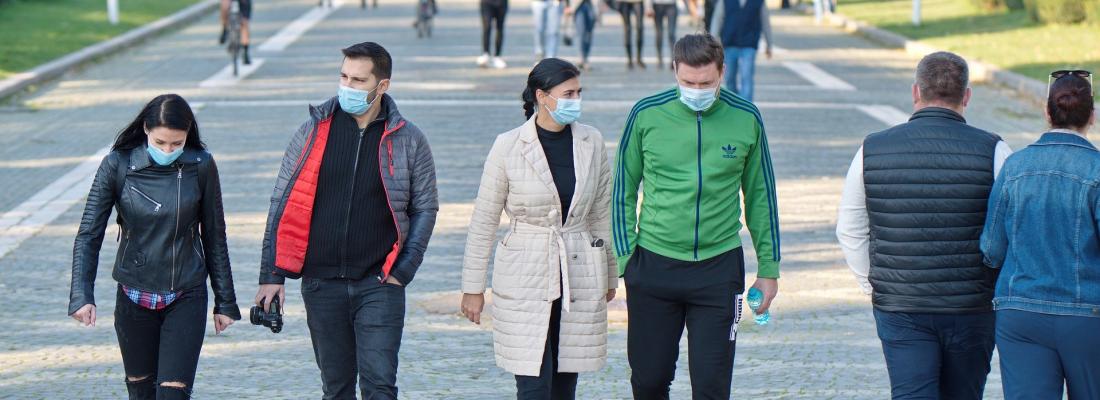Food, Global Health Reading time 2 min
A One Health approach to the management of the COVID-19 health crisis in the Toulouse region
Published on 18 November 2020

The stop-and-go strategy (targeted lockdown and lockdown lift) is proving to be the most effective in limiting both the economic losses and the effects of COVID-19 on public health. This “progressive precision” policy, close to the one which currently seems to be in force in France, is justified because it combines economic, public health and population well-being criteria.
In the case of the Toulouse metropolitan area, reducing economic activity to limit mortality related to virus circulation would have an economic impact ranging from 1.3 to 2.4 billion euros for a period of 2 years (in the absence of an available vaccine ). Such a strategy would also guarantee a minimum of societal well-being (partial lockdown).
However, in a context of non-compliance with barrier gestures, which would lead to the significant spread of the virus, reconciling the 3 criteria becomes impossible. In this case, societal well-being must be sacrificed (local lockdown measures, curfews and other restrictions) to save as many lives as possible and avoid the critical overload of hospitals. The model makes it possible to identify that the behaviour of individuals is the key parameter in the evolution of the situation and in the compromise between 3 criteria: mortality, hospital saturation and societal well-being.
These results show that the top priority for the management of the pandemic must be raising people’s awareness, through dissuasive (fines) or incentive (face mask distribution) measures, with a view to changing individual behaviour. They also show that the “no-lockdown” approach, as observed in some countries, is a suitable strategy if the spontaneous adoption of barrier gestures by the population has been established.
The approach adopted for this research work is in fact regularly used in animal health, in particular for the management of contagious diseases such as influenza, foot-and-mouth disease or African swine fever. The One Health initiative, which highlights the interactions between the actors of human and animal health, makes perfect sense here for an economic evaluation at the service of political decision-making.
|
Reference Ahmed Ferchiou, Remy Bornet, Guillaume Lhermie, Didier Raboisson, Individual Behaviors and COVID-19 Lockdown Exit Strategy: A Mid-Term Multidimensional Bio-economic Modeling Approach, Front. Public Health, 17 November 2020 | https://doi.org/10.3389/fpubh.2020.606371 |
